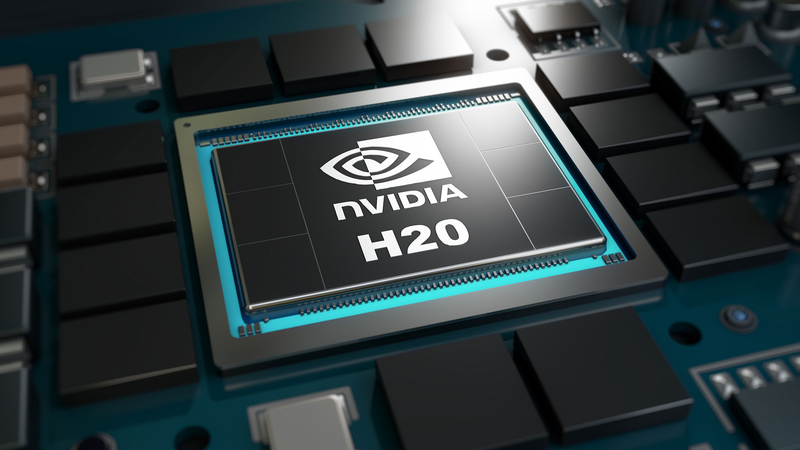Global tech watchers have their eyes on Nvidia this week after the Cyberspace Administration of China (CAC) on the Chinese mainland summoned the U.S. AI chipmaker to answer for alleged security risks in its H20 chips sold in China.
The CAC, tasked with protecting networks, data, and personal info per mainland laws, has asked Nvidia to explain potential vulnerabilities and submit supporting evidence. The move underscores rising scrutiny of AI hardware as it powers applications from smart cities to autonomous vehicles.
What’s at stake?
- Security concerns: U.S. experts say Nvidia H20 chips already have built-in "tracking and positioning" and "remote shutdown" tech.
- Regulatory push: Some U.S. lawmakers, including Senator Tom Cotton, want export-restricted chips to require on-chip location verification.
- Supply chain trust: Companies and users around the world watch for how nations manage chip security without stifling innovation.
Representative Bill Foster, a former particle physicist, notes that tracking capabilities are “readily available” and partly embedded in existing chip designs. For global entrepreneurs and developers, the debate raises tough questions: Can AI hardware be both open for developers and locked down for security?
Global ripple effects
As markets from Mumbai to Madrid embrace AI, regulators face the challenge of balancing innovation, data sovereignty, and cross-border trade. Tech startups eyeing expansion into the Chinese mainland will watch the Nvidia-CAC talks closely—any certification requirements or security audits could set precedents for the future of AI exports.
For digital nomads, business leaders, and changemakers, the episode is a reminder that advanced technology doesn’t exist in a vacuum. It lives at the intersection of code, policy, and global relations. In the race to build the next big AI breakthrough, worldwide audiences will be tracking chips as closely as the code they run.
Stay tuned as Nvidia prepares its response and the CAC reviews evidence in coming weeks—a key moment for global data security and the evolving rules of the AI era.
Reference(s):
Nvidia summoned by China's cyberspace watchdog over risks in H20 chips
cgtn.com




